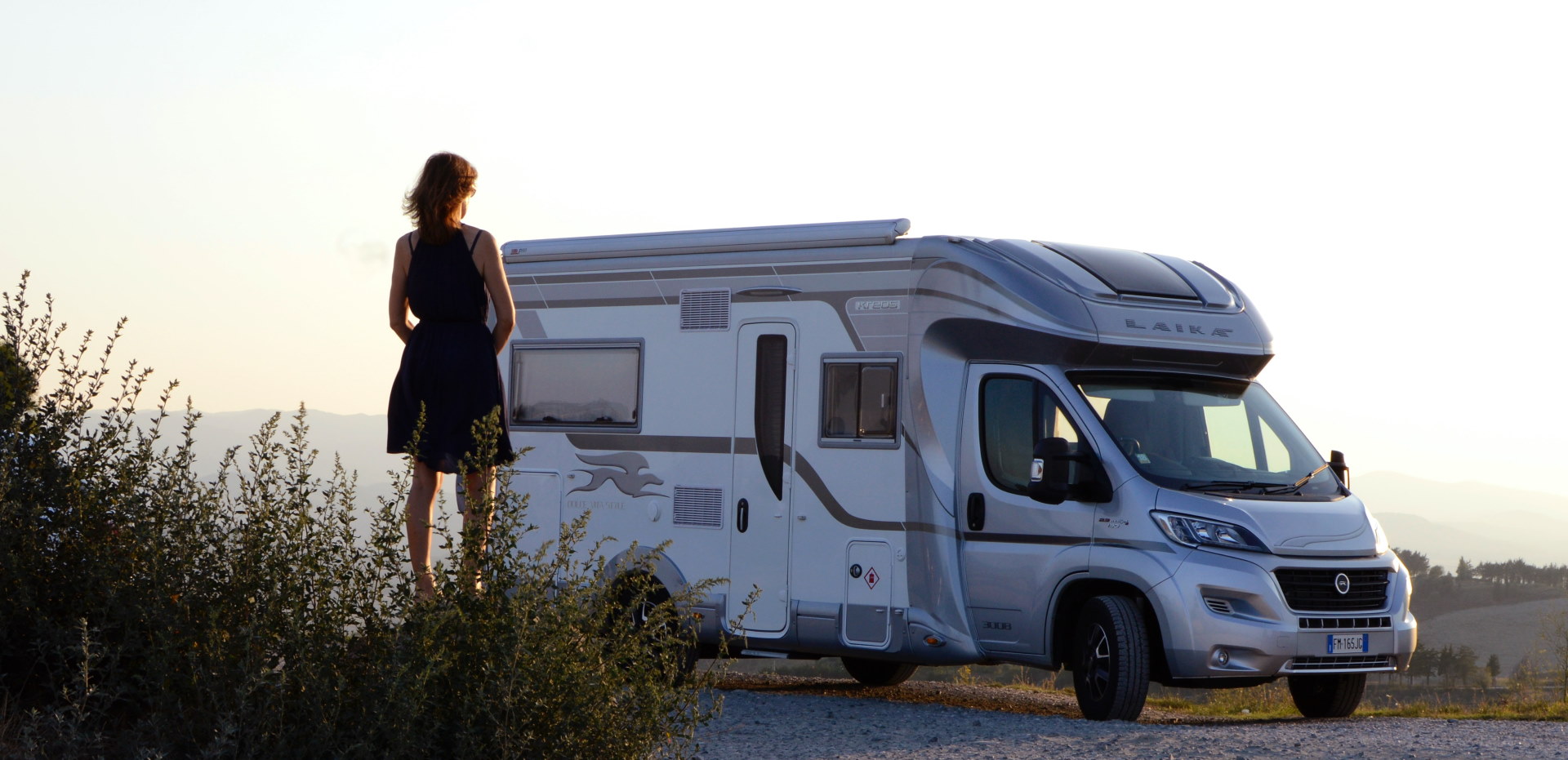Motorhomes, also known as recreational vehicles (RVs), are vehicles that have been specially designed to provide both transportation and living space for people who want to travel and explore the outdoors. Motorhomes are typically built on a truck or bus chassis and are available in various sizes, ranging from compact campervans to large motorhomes that can accommodate a family of six or more. They come equipped with all the amenities of a home, such as a bed, bathroom, kitchen, dining area, and entertainment systems, making them an ideal choice for those who want to travel in comfort and convenience. There are several different types of motorhomes available on the market, including Class A, Class B, and Class C motorhomes. Class A motorhomes are the largest and most luxurious, offering the most space and amenities, while Class B motorhomes are smaller and more compact, often built on a van chassis. Class C motorhomes are a hybrid of the two, offering a more spacious living area than Class B motorhomes, but not as much as Class A motorhomes. Motorhomes are a popular choice for people who love to travel and explore new places without sacrificing the comforts of home. They offer a great way to see the world, whether it’s a short weekend getaway or a long-term road trip. However, owning a motorhome can be expensive, and they require regular maintenance and upkeep to keep them in good working condition.
Rental
Renting a motorhome typically involves the following steps:
- Finding a rental company: The first step in renting a motorhome is to find a rental company that offers the type of motorhome you want, at a location convenient to you. You can do this by searching online or asking for recommendations from friends or family.
- Choosing a motorhome: Once you have identified a rental company, you will need to choose a motorhome that meets your needs. Motorhomes come in a variety of sizes and styles, so it is important to consider how many people will be traveling with you and what amenities you require.
- Reserving the motorhome: After you have chosen the motorhome you want, you will need to reserve it with the rental company. This usually involves providing some basic information such as your name, contact information, and the dates you will need the motorhome.
- Paying for the rental: You will also need to pay for the rental at the time of reservation. The rental cost will depend on factors such as the size and age of the motorhome, the length of your rental, and any additional services you may require.
- Picking up the motorhome: On the day of your rental, you will need to pick up the motorhome from the rental company. The rental company will typically provide you with a walkthrough of the motorhome, showing you how to operate all of the features and equipment.
- Using the motorhome: Once you have picked up the motorhome, you are free to use it as you wish, subject to any rental agreements or restrictions. You will need to provide your own food, supplies, and bedding, although some rental companies may offer these items for an additional fee.
- Returning the motorhome: At the end of your rental period, you will need to return the motorhome to the rental company. You will need to ensure that the motorhome is clean and in good condition, and that you have removed all of your personal belongings.
Overall, renting a motorhome can be a great way to explore new places and enjoy the freedom and flexibility of traveling on your own terms.
Traveling
Traveling with a motorhome can be an incredible adventure, full of spontaneity, freedom, and new experiences. With a motorhome, you have the ability to travel anywhere you want, at your own pace, without the need for hotels or other accommodations. You can take your time exploring new places, and you have the freedom to change your plans at a moment’s notice. Living in a motorhome can also be a unique experience. You have everything you need right there with you, including a kitchen, a bathroom, and a comfortable place to sleep. You can cook your own meals and enjoy them while looking out at a beautiful view, and you can wake up in a new place every day. Traveling with a motorhome can also bring you closer to nature, allowing you to explore national parks, forests, and other natural wonders in a way that is not possible with traditional accommodations. You can camp in remote areas and enjoy the tranquility and beauty of the outdoors, without sacrificing your comfort or convenience. Of course, traveling with a motorhome also has its challenges. Driving a larger vehicle can be intimidating at first, and it requires more care and attention than driving a regular car. Finding suitable campsites and navigating unfamiliar roads can also be a challenge, and maintenance and repairs are a necessary part of owning a motorhome. Overall, traveling with a motorhome is a unique and rewarding experience that can provide a lifetime of memories and adventures. It requires a spirit of adventure, a willingness to adapt to new situations, and a love of exploration and discovery.
